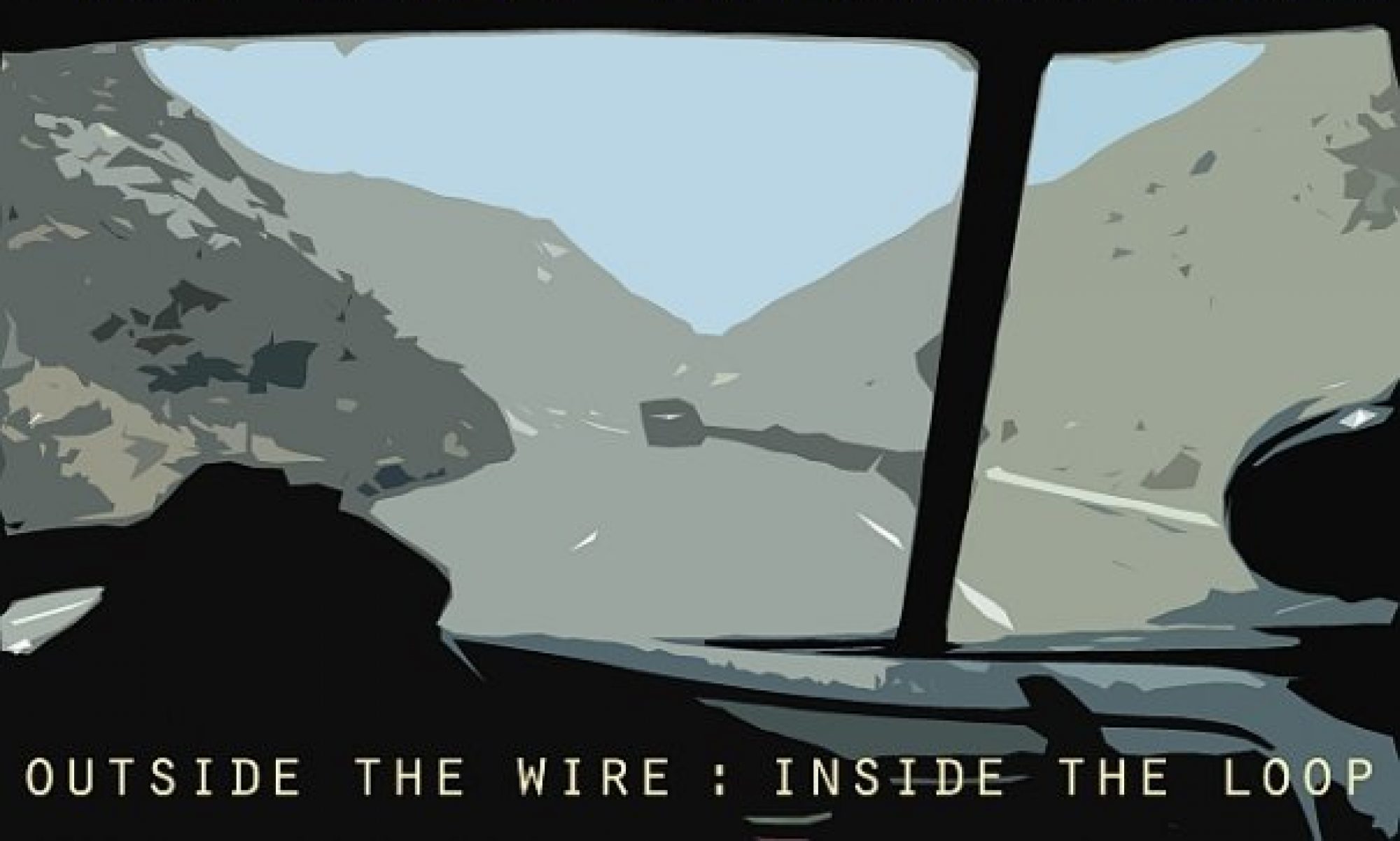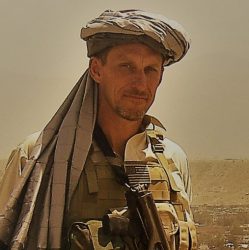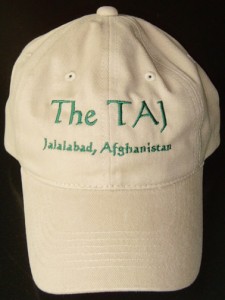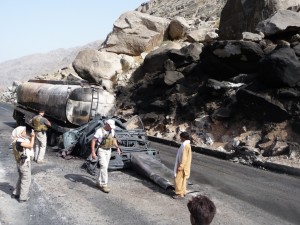It has been seven years since the events of 9/11. The war on terror, or the Long War, which is a better term, is the reason I am here. I’m in Jalalabad, Afghanistan, where I’ve been living for the past year. I spent a few years living in Kabul and free-ranging the country, having found a reason to visit every province in Afghanistan. I’m a security contractor; outside the wire type and the crew I run with use low-profile, local vehicles and are very good at talking their way past checkpoints.
The security contracting business in Afghanistan is a challenging endeavor. The American firms Blackwater and DynCorp have secured the majority of the lucrative DoD and DoS contracts, and the rest of the market consists of British PSCs and a growing number of Afghan companies that employ Expatriates. Tight competition for lucrative reconstruction work drove the compensation rates into the basement.
Our State Department and USAID have established burdensome security standards that far exceed the UN MOSS (minimum operational security standard.) These stringent standards slow projects and drain millions from building infrastructure to paying for fleets of armored vehicles and large secure compounds. Other donor countries abide by the UN standards, and their operating costs are a fraction of what the US spends on security and life support for their Aid implementers.
Our cook Khan has been pissing and moaning about cooking during Ramadan and came up with a dozen very crappy meat pies and then took off for his home village to prepare for Eid. We were getting ready to buy some chickens to cook, but instead, we tried dusting the meat pies with Old Bay spice we found. It’s Thursday night, which is the night the Tiki Bar hosts all the NGO folks, and who wants to fuss with dressing out a skinny chicken during happy hour?
It’s Poppy Eradication Bob’s birthday is tonight. He’s former Army SF and loves to sing all the old crappy high rotation FM hair band songs from his misspent youth. His singing is horrible, but he’s a “good bloke” in contractor speak, so we tolerate the noise with grace and humor.
The price we are paying for not having enough troops outside the wire is increased instability and more and more Taliban attacks. It is not yet a problem in Jalalabad city, but the Jalalabad to Kabul road, which is essential to ISAF and US supply efforts, as well as for our weekly booze runs, has been hit with many ambushes this summer. We go out to examine most of them to get a handle on just how severe the attacks are becoming and the tactics they are using.
Below is a photo of the whole team from this summer, when we were fortunate enough to have Amy Sun, a PhD graduate student from MIT, who is a bona fide rocket scientist. She was quite astute in determining what had happened from the forensics and the amount of fuel remaining in the tankers. She wasn’t bad at reading bullet and RPG strikes, too; in fact, she was smarter about all this than we are, which was annoying but handy.
It’s been 7 years since 9/11, and I’ve been out here for four of them. We work with the Japan International Cooperation Agency. Unlike USAID, JICA personnel work in the countryside or Kabul alongside their Afghan counterparts. Every yen the Japanese people send here to help the Afghans gets spent exactly as it is supposed to because the Japanese JICA staff is in the offices with the Afghans, ensuring they know where every yen goes. We’d be in much better shape if USAID did the same.
This will be a long war that my children will fight, if they choose to serve, and their children will too. There is no way to understand this place or fight effectively here unless you are familiar with the people and their culture. Eventually, we must figure out how to keep more people like me in the country for a long duration so that they, too, learn how to operate in the tribal districts. I have lots of ideas on how to do that, which I will share in future posts.




